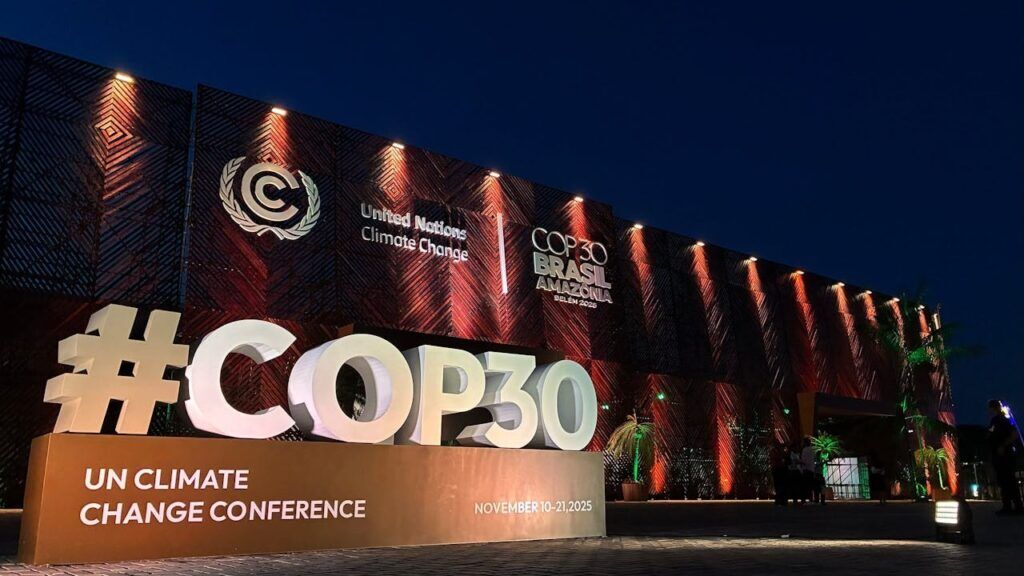COP30: US absence, China’s climate leadership.
This year’s COP30 climate summit began in Belém, Brazil, on Monday, November 10, and is scheduled to conclude on Friday, November 21.
The summit began with the US refusing to send a high-level delegation for the first time in 30 years and was followed by “mass demonstrations” by environmentalists and indigenous peoples. Protecting the Amazon rainforest was a slogan seen on flags carried during the protests.
Indigenous-led protesters in Belém demanded climate action, a phase-out of fossil fuels, and justice for affected communities. Some of the demonstrators held a “fossil fuel funeral,” with coffins labeled “coal,” “oil,” and “gas.”
In a message to leaders attending the summit, Pope Francis, the leader of the world’s Catholics, warned of a lack of political will, saying that climate change is moving “faster than political will.” One in three people lives in difficult and vulnerable conditions due to climate change.
In a video message to bishops and cardinals from the global South gathered in Belém, the pope said the planet was sending urgent signals through “floods, droughts, storms and relentless heat,” while millions of people remained exposed to extreme climate risks.
The world’s Catholic leader also urged leaders to prioritize cooperation over division and warned against treating nature as a source of conflict of interest.
The United Nations climate talks enter their final days this week as countries continue to disagree over climate ambition, unilateral trade measures, and financing, with the United States absent from the summit.
Will the climate balance shift?
At this year’s summit, executives from China’s biggest clean energy companies will present their vision for a green future in English to a large audience, with the country’s diplomats working behind the scenes to ensure constructive talks.
These were roles previously held by the United States, now being replaced by China.
“Water flows where there is space, and diplomacy often does,” Francesco La Camera, director general of the International Renewable Energy Agency, told Reuters.
China’s dominance in renewable energy and electric vehicles is strengthening its position in climate diplomacy, he said.
Beijing’s shift from a quiet presence at the United Nations Conference of the Parties to a more central player seeking global attention marks a shift in the country’s fight against global warming since President Donald Trump returned to power.

